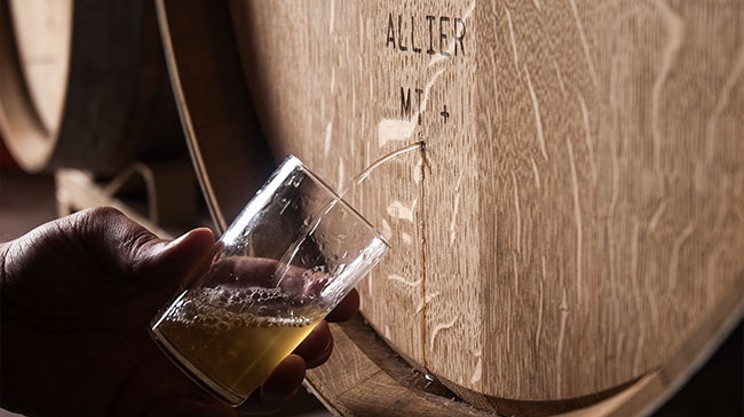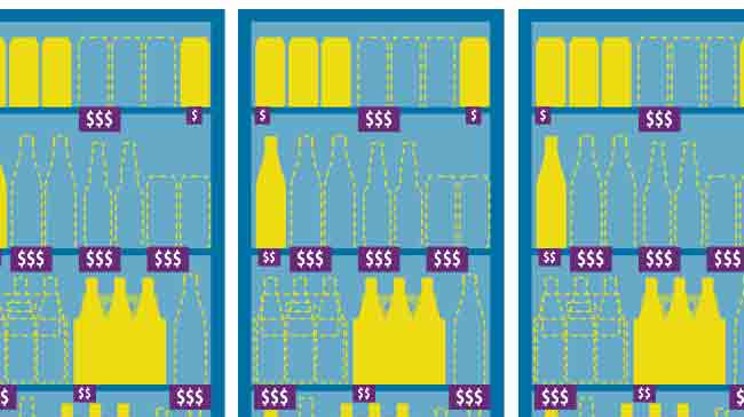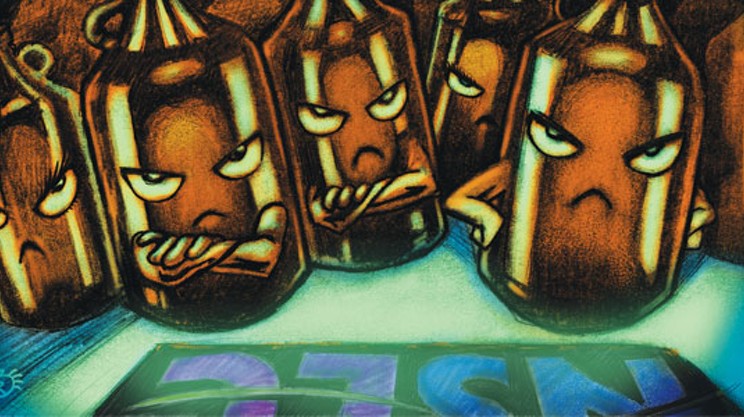
Most of the beer consumed in Nova Scotia (by a large margin, of over 90 percent) is made by companies owned outside of Canada. We send money from our economy to theirs for something we can make better here.
One measurement I invite anyone to make is to calculate the jobs/litre that craft beer production creates compared to factory beer. And where those jobs are located. We have spent (blown) so much government assistance trying to force feed companies looking to set up in locations where they have a geographic disadvantage. But these new local breweries are selling much of their product close to home, and keeping all the money spent on beer consumed—and all the jobs created—in that community. This is one of our very few industries where the majority of businesses are not in the metropolitan area.
Another factor seldom discussed, and possibly not well researched, is the almost certain benefits to the public health that craft beer provides in comparison to the alternative. Start with the (safe) assumption that people are going to drink beer, regardless of what you tell them is or isn’t good for them. Craft beer consumption differs substantially from factory beer in several interesting ways.
The density, intensity of flavour and “filling” aspects of craft beer almost always slow intake of alcohol compared to the almost frenetic drinking associated with factory beer and youth. Less total alcohol is ingested, and it is usually done so over a longer time period.
The distribution of the craft beer production around the province tends to encourage the direct purchase of local beer at the breweries, or at local shops or farmers’ markets. And it has triggered the opening of more local pubs.
The contents of a chemical-free craft beer—normally water, malted and un-malted grains, yeast (AKA Vitamin B12), alcohol and other fermentation by-products—provides sustenance, and vitamins and minerals not always present in a highly filtered, preserved, stabilized and otherwise manufactured, standardized product made in a factory. At least two of the larger craft breweries here are 100 percent organic, with another making some organic beer. It is difficult to argue that craft beer is not better for you, and not just much more interesting to taste and fun to experience.
Of course, discussion around the consumption of alcohol come with the understanding that excessive use cancels out any benefits accruing from healthy moderation.
The economic benefits of the jobs in the non-urban locations is something that finance minister Randy Delorey and his people appear to be acutely aware of, and perhaps there is even some recognition of the potential value to our society via the concept of people drinking less, but drinking better. Nova Scotians seem to be ready to recognize this same concept for other foods, after all. And now beer is starting to generate spin-off activity in agriculture and the service industry.
Craft beer definitely brings variety to the local beer scene. And most would agree with the old maxim that variety is, indeed, the spice of life.


















